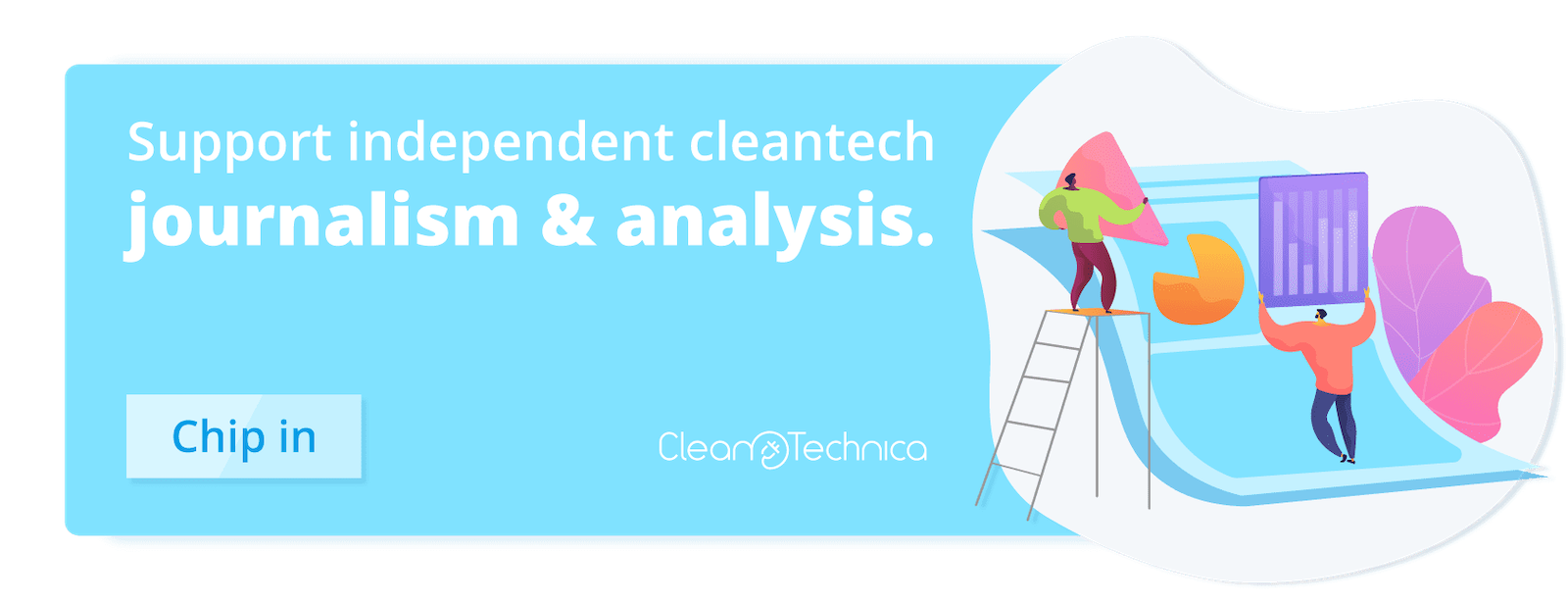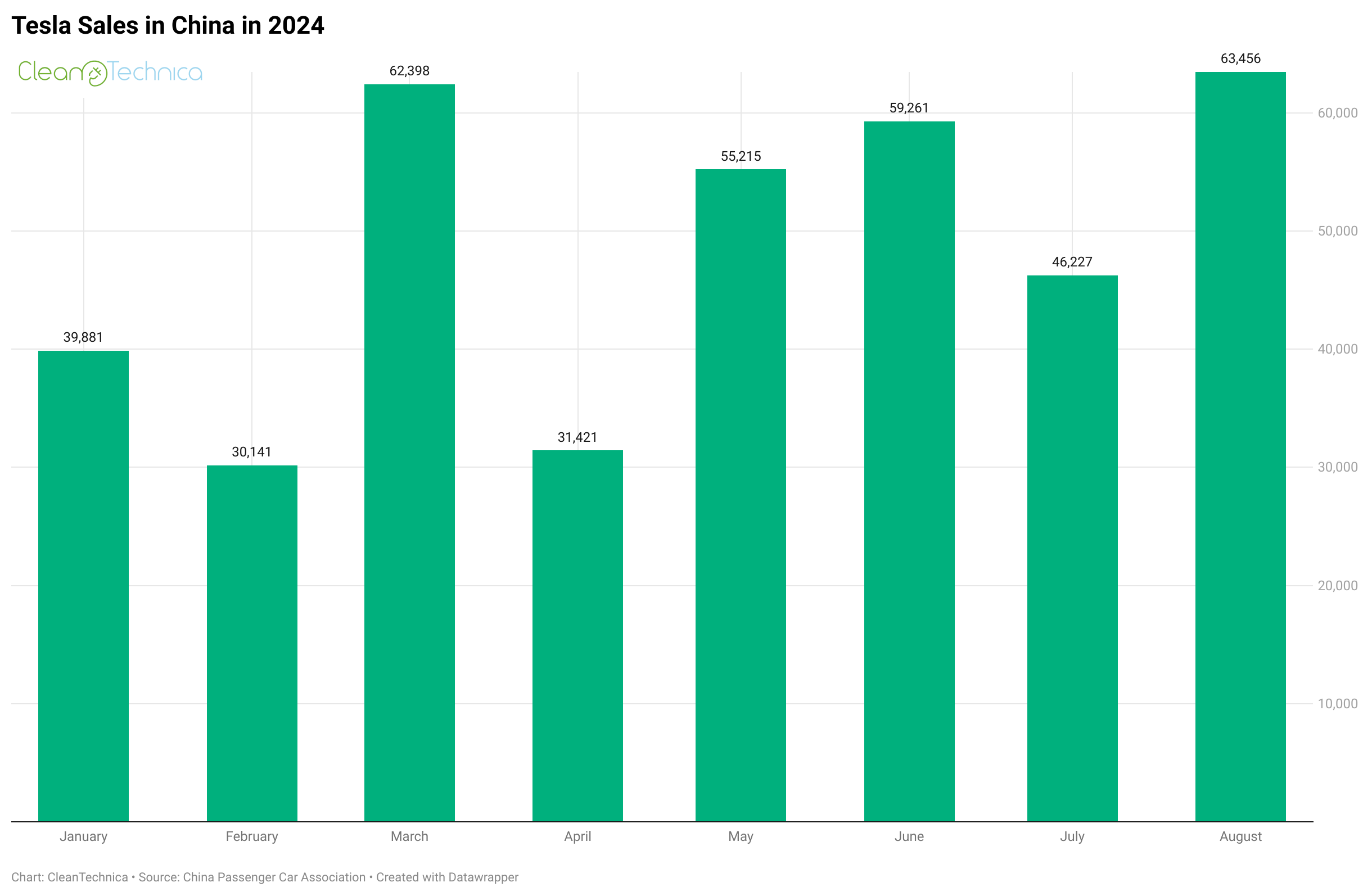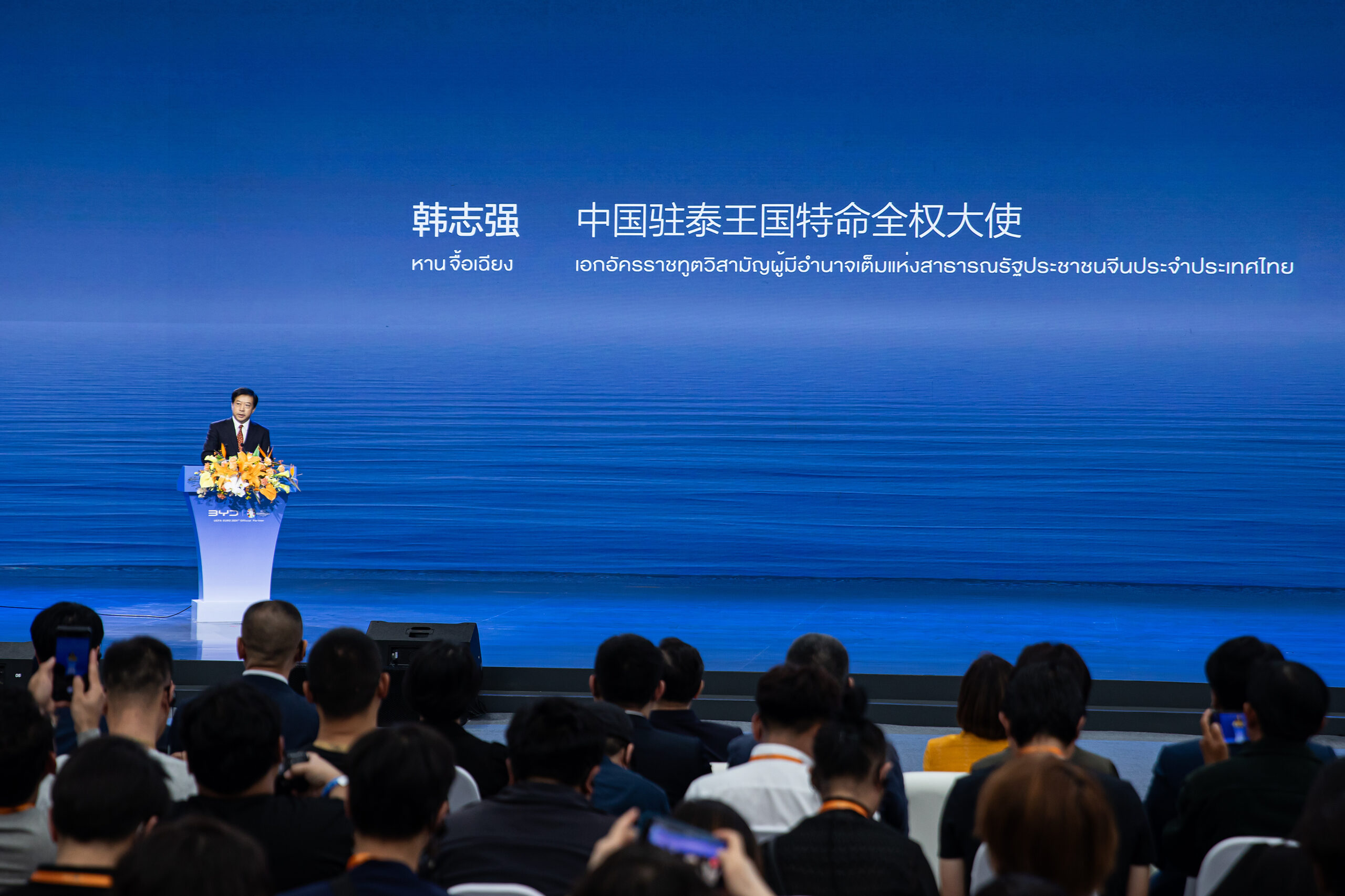
The Federal-Aid Highway Act of 1956 proposed the audacious goal of connecting the United States with a 41,000 mile federal interstate system. Since the Highway Act’s signing, California fully built out its interstate and state highway system, expanding mobility access for car-owners, stimulating economic development, and creating thousands of jobs. But these benefits came with unacceptable and avoidable costs.
From the 1950s to 1970s, highway planners and decision-makers repeatedly chose low-income neighborhoods for the construction of new highways. The justification? These communities already faced disinvestment and underdevelopment, compared to wealthier, whiter communities which were more likely to push back against the development of highways in their neighborhoods.
As a result, highway projects tore through the hearts of communities of color, physically segregating low-income neighborhoods from wealthy ones, while displacing over a million people. In addition to burdening neighboring communities with higher rates of pollution, these highways physically impeded the access of low-income communities of color to job opportunities, quality education, and essential resources like healthy food, exacerbating existing inequities.
In California, proposed highway expansion projects continue to demonstrate this structural racism is far from a thing of the past. A previously planned expansion of Interstate 710 between Long Beach and East LA would have displaced homes and increased toxic diesel pollution in already overburdened neighborhoods. The project was only canceled in May 2022 by LA Metro and Caltrans following decades of community organizing led by the Coalition for Environmental Health and Justice.
Separately, community-based organizations in South Fresno have filed suit against Caltrans and the Federal Highway Administration in opposition to another project that would expand and add traffic to State Route 99, exacerbating environmental injustices and undermining state agency efforts to combat those injustices. And just last week, the California Transportation Commission approved funding for more than $600 million dollars in Caltrans-recommended projects that will further expand the state’s highway network, generating more pollution and congestion that is again sure to place the heaviest burden on low-income communities of color. California needs strong infrastructure. But it can’t come at the expense of our communities.
California is long overdue to overhaul racist highway-building practices that exacerbate the nation’s worst air pollution in predominantly low-income communities of color and undermine the state’s climate goals. And as last week’s CTC funding approval demonstrates, existing policies are not changing actual investment outcomes. We need systemic solutions to address this systemic problem.
AB 1525: The Accelerating Communities through Transportation Act intended to do just that. The Greenlining Institute, a racial equity advocacy nonprofit, partnered with Assembly member Mia Bonta on the bill. This legislation would have required that at least 60 percent of transportation dollars go to projects benefiting disadvantaged populations, in a way that would shift dollars away from harmful highway projects and towards walking, biking, and transit projects that would meet communities’ needs.
Despite overwhelming support from advocates and community organizations, the legislation, facing opposition from highway groups, was held in the Assembly’s fiscal committee. The death of this bill and Assemblymember Bryan’s AB 2419 before it, speaks to a larger issue — an unwillingness to align public investments with equity, climate, and, most importantly, communities’ needs.
The injustices shaped by our past decisions are not blueprints for our future. Sixty-seven years from the Federal-Aid Highway Act, it’s time we prioritize building a future where communities can thrive with clean air, efficient public transit systems, safe bike lanes and sidewalks, and affordable, zero-emission car-sharing programs. If we succeed in changing course, we can create high-road jobs—and potentially more of them—while spurring economic development that is both robust and inclusive.
California reached its own transportation milestone at the end of June, as Governor Newsom signed the largest Caltrans budget to date, with over $20 billion for transportation infrastructure. To build the clean, equitable transportation system that Californians deserve, our state’s leaders should start by committing to spend the money we have now to address community-identified needs and priorities.
Republished from NRDC Expert Blog. By Zak Accuardi, Senior Advocate, Transportation, People & Communities Program
This blog was co-authored with Sara Noelani Olsen, a Climate Equity Policy Fellow at the Greenlining Institute
I don’t like paywalls. You don’t like paywalls. Who likes paywalls? Here at CleanTechnica, we implemented a limited paywall for a while, but it always felt wrong — and it was always tough to decide what we should put behind there. In theory, your most exclusive and best content goes behind a paywall. But then fewer people read it! We just don’t like paywalls, and so we’ve decided to ditch ours. Unfortunately, the media business is still a tough, cut-throat business with tiny margins. It’s a never-ending Olympic challenge to stay above water or even perhaps — gasp — grow. So …




